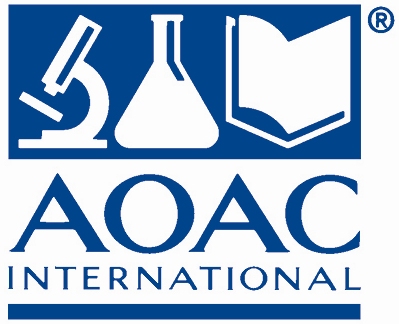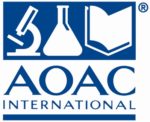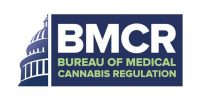In a press release published this week, AOAC International announced it has partnered with Signature Science, LLC as the test material provider for the new AOAC Cannabis/Hemp Proficiency Testing program. What makes this proficiency testing (PT) program so unique is that AOAC will be the only PT provider to offer actual cannabis flower as the matrix.
This month, the pilot round with twenty cannabis testing labs begins with hemp-only samples being shipped in early May. The first live round of the PT program is scheduled for November of this year and will offer participating labs the choice of cannabis flower samples or hemp samples.
The program will include one sample for cannabinoid and terpene profiles, moisture and heavy metals, as well as a second sample for pesticide residue testing. According to the press release, mycotoxins will be added to the mix soon.
![]() The new PT program was developed by stakeholders involved with the AOAC Cannabis Analytical Science Program (CASP), including state regulatory labs, industry labs, state and federal agencies and accreditation bodies. Shane Flynn, senior director of AOAC’s PT program, says the program is a result of scientists coming to them with concerns about testing in the cannabis space. “AOAC has a long history of bringing scientists together to address emerging topics, so when stakeholders came to AOAC with their concerns and need for quality proficiency testing in the cannabis industry, AOAC acted,” says Flynn. “Stakeholders noted the analytical differences in testing cannabis versus hemp and had specific concerns around it and asked for a program that would provide actual cannabis samples in addition to hemp. This is truly a program that was created by the stakeholders, for the stakeholders.”
The new PT program was developed by stakeholders involved with the AOAC Cannabis Analytical Science Program (CASP), including state regulatory labs, industry labs, state and federal agencies and accreditation bodies. Shane Flynn, senior director of AOAC’s PT program, says the program is a result of scientists coming to them with concerns about testing in the cannabis space. “AOAC has a long history of bringing scientists together to address emerging topics, so when stakeholders came to AOAC with their concerns and need for quality proficiency testing in the cannabis industry, AOAC acted,” says Flynn. “Stakeholders noted the analytical differences in testing cannabis versus hemp and had specific concerns around it and asked for a program that would provide actual cannabis samples in addition to hemp. This is truly a program that was created by the stakeholders, for the stakeholders.”
AOAC says they plan on introducing microbiology to the PT program, with microbial contamination tests in both cannabis and hemp samples. They are also considering adding additional matrices, like chocolate and gummies.
Signature Science is an ISO 17043 accredited proficiency test provider that also has a DEA-licensed controlled substances lab, making them an ideal candidate to partner with AOAC for the PT Program. They entered into a 3-year MoU with AOAC for the program. Their team developed and validated methods used to create the samples for the PT program at their DEA-licensed lab in Austin, Texas.






